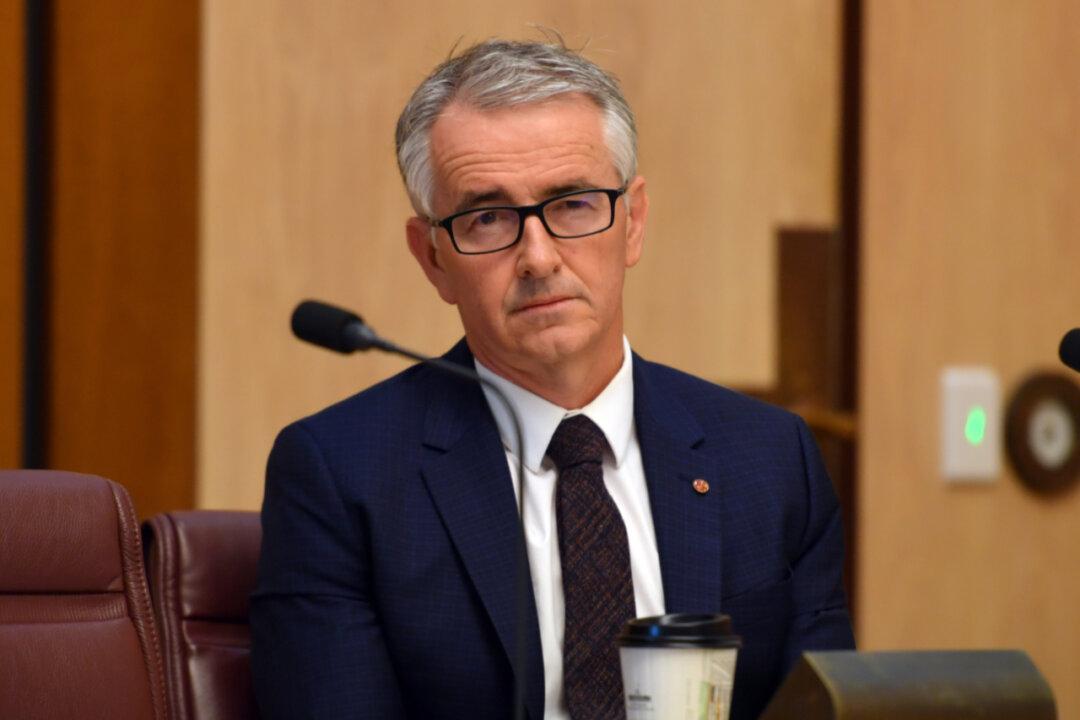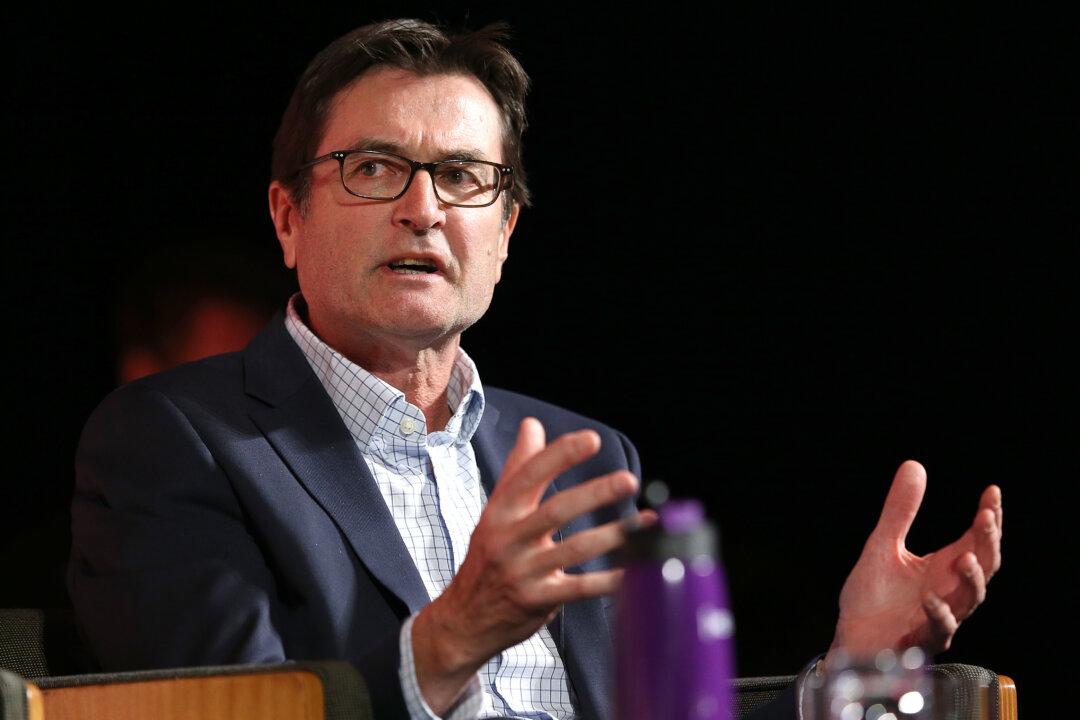Queensland LNP Senator Gerard Rennick has lambasted the Albanese Government for its pledge to donate $100 million (US$66 million) to the World Health Organisation (WHO).
Addressing the Senate today, Mr. Rennick said the government should redirect its focus to assist those who suffered adverse side effects from the COVID-19 vaccines.





